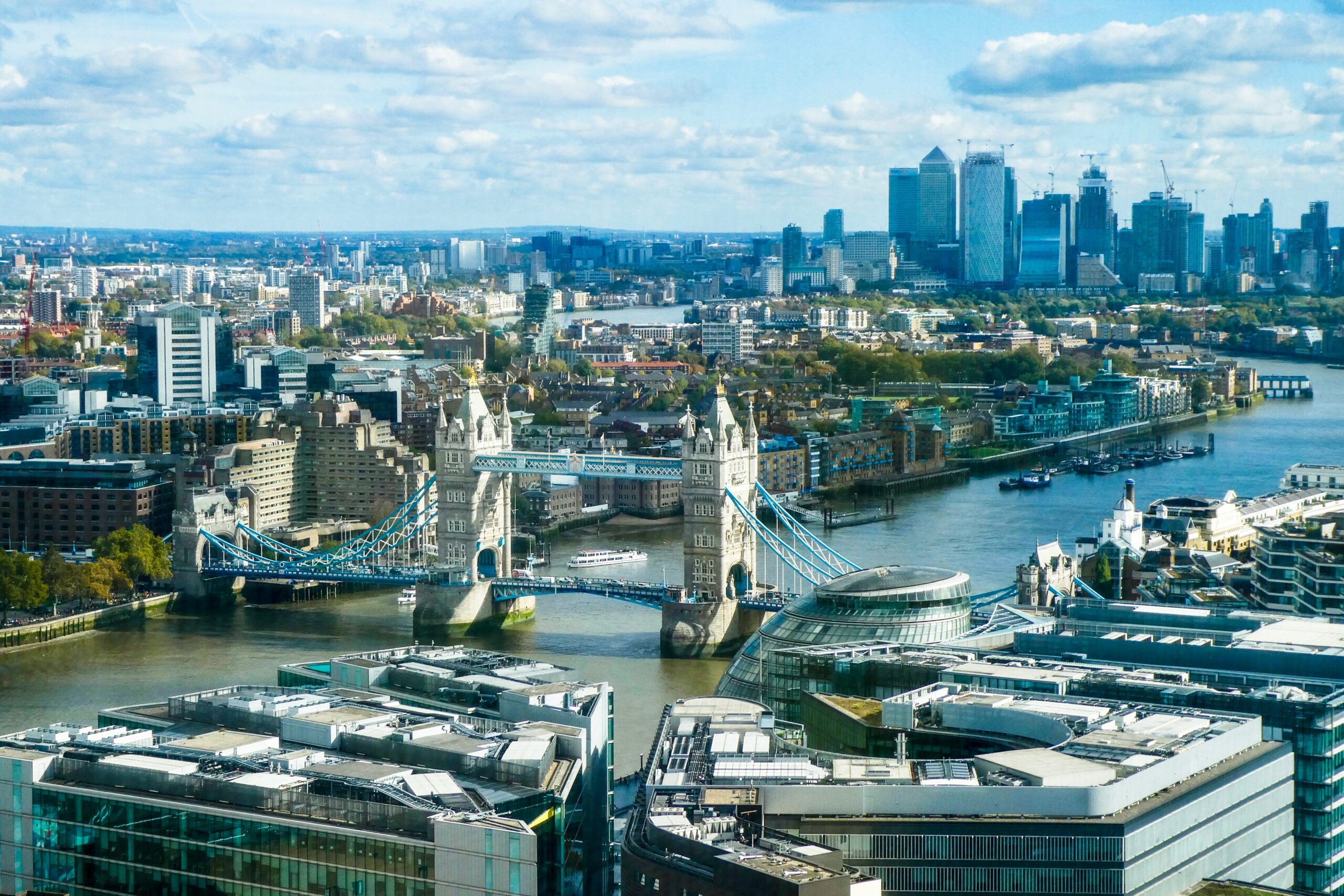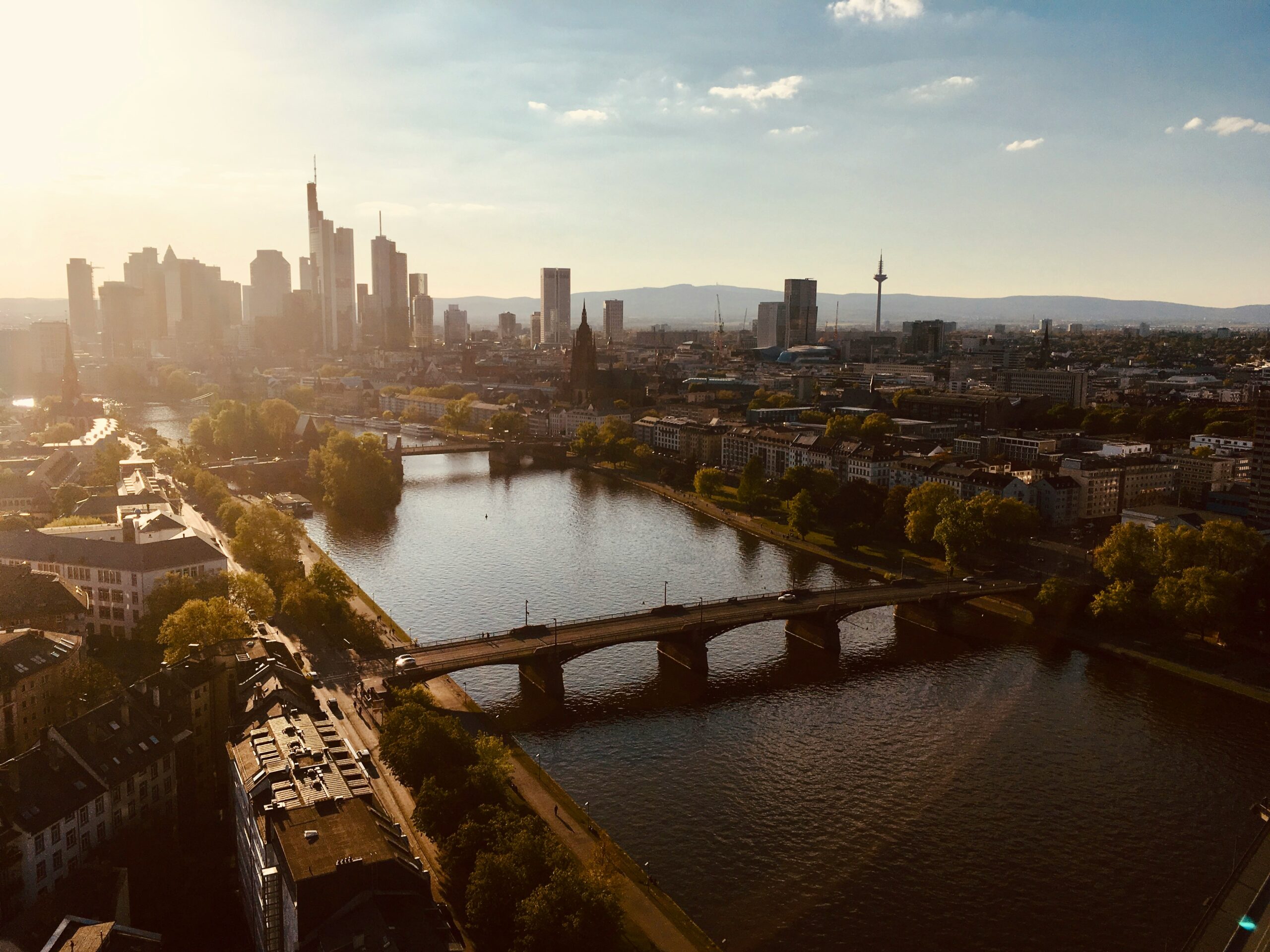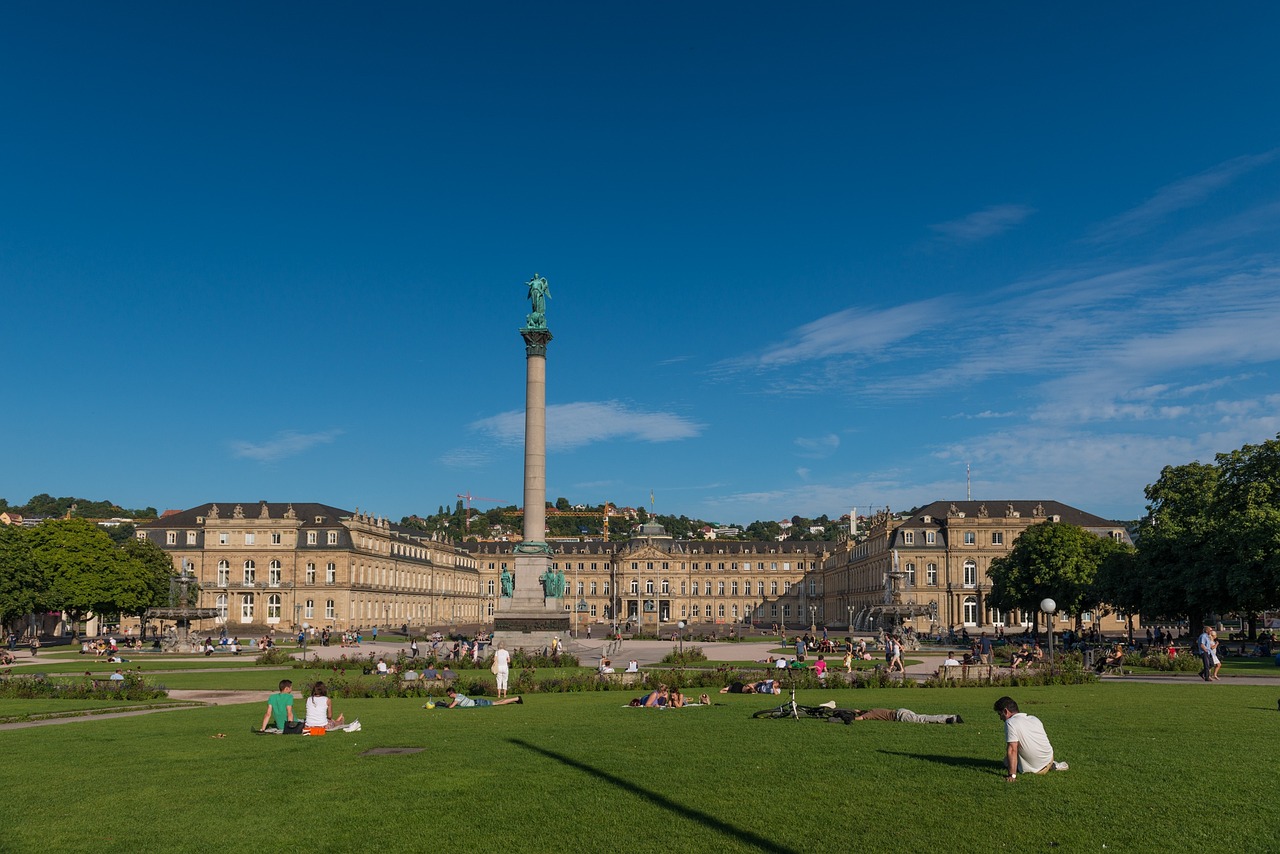Table of Contents
Berlin and Canberra may be 16,000 kilometers apart, but that hasn’t stopped Australia and Germany from building a strong and friendly bond—from politics and business to science and culture, these two countries have plenty in common!
Moving abroad is one of life’s most exciting adventures, but it can also be daunting. The thrill of exploring a new culture, building a career in a foreign country, and meeting people from all walks of life is often accompanied by challenges.
For Australians considering a move to Germany, the journey is particularly rewarding. Germany has a high quality of life, making it a top destination for expats worldwide. Whether you’re moving for work, study, or simply a change of scenery, this guide will walk you through everything you need to know about relocating from Australia to Germany.

Planning Your Move
Moving from Australia to Germany requires meticulous planning to ensure a smooth transition. We’ll dive deep into the essential steps you need to take before you board your flight, covering visas, important documents, and budgeting in detail.
Visa and Work Permits: Step-by-Step Guide
Germany offers a range of visas tailored to different purposes, and understanding which one suits your situation is crucial.
Australian citizens enjoy some privileged visa options due to Germany’s immigration policies for certain nationalities.
- Australians can apply for a long-term visa (e.g., work, study, freelancer, or job-seeker visa) either before arrival (via a German consulate in Australia) or after entering Germany (within 90 days of arriving as a tourist).
Here’s a breakdown of the most common visa types for Australians:
1. Work Visa
If you’ve secured a job in Germany, you’ll need a work visa. The process typically involves:
- Job Offer: Your employer must provide a formal contract.
- Visa Application: Submit your application at the German embassy or consulate in Australia. Required documents include:
-
Completed visa application form
-
Valid passport
-
Passport-sized photos
- Job contract
- Proof of qualifications (translated into German and officially certified)
- Proof of health insurance
-
Approval: Once approved, you’ll receive a national visa (D-Visa), which allows you to enter Germany and apply for a residence permit.
2. Student Visa
If you’re planning to study in Germany, you’ll need a student visa. The process includes:
-
University Admission: Secure a place at a German university or language course.
-
Financial Proof: Show proof of sufficient funds (€11,208 in a blocked account as of 2023).
- Health Insurance: Obtain health insurance coverage valid in Germany.
- Visa Application: Submit your application with the required documents, including your admission letter and proof of financial means.
3. Freelance Visa
For self-employed individuals or freelancers, a freelance visa is an option. Requirements include:
-
Portfolio or Business Plan: Demonstrate your freelance work or business idea.
-
Proof of Demand: Show evidence of clients or projects in Germany.
- Financial Stability: Prove you can support yourself financially.
4. Job Seeker Visa
If you’re moving to Germany to look for work, the job seeker visa allows you to stay for up to six months. Requirements include:
-
Proof of Qualifications: Show your degree or professional certifications.
-
Financial Proof: Demonstrate you can support yourself during your stay.
- Health Insurance: Provide proof of coverage.
Australians aged 18–30 can apply for a working holiday visa, which allows you to live and work in Germany for up to one year. This is a great option for those looking to explore the country while earning money.
Available for highly skilled professionals with a high salary offer (around €58,400 per year in 2024).
Foreign nationals with a German or other recognized university degree or a foreign qualification will be eligible to enter Germany to seek employment.
Forget Ikea runs and landlord anxiety—your German home is waiting. Find a fully furnished Wunderflats apartment and start your new chapter today!
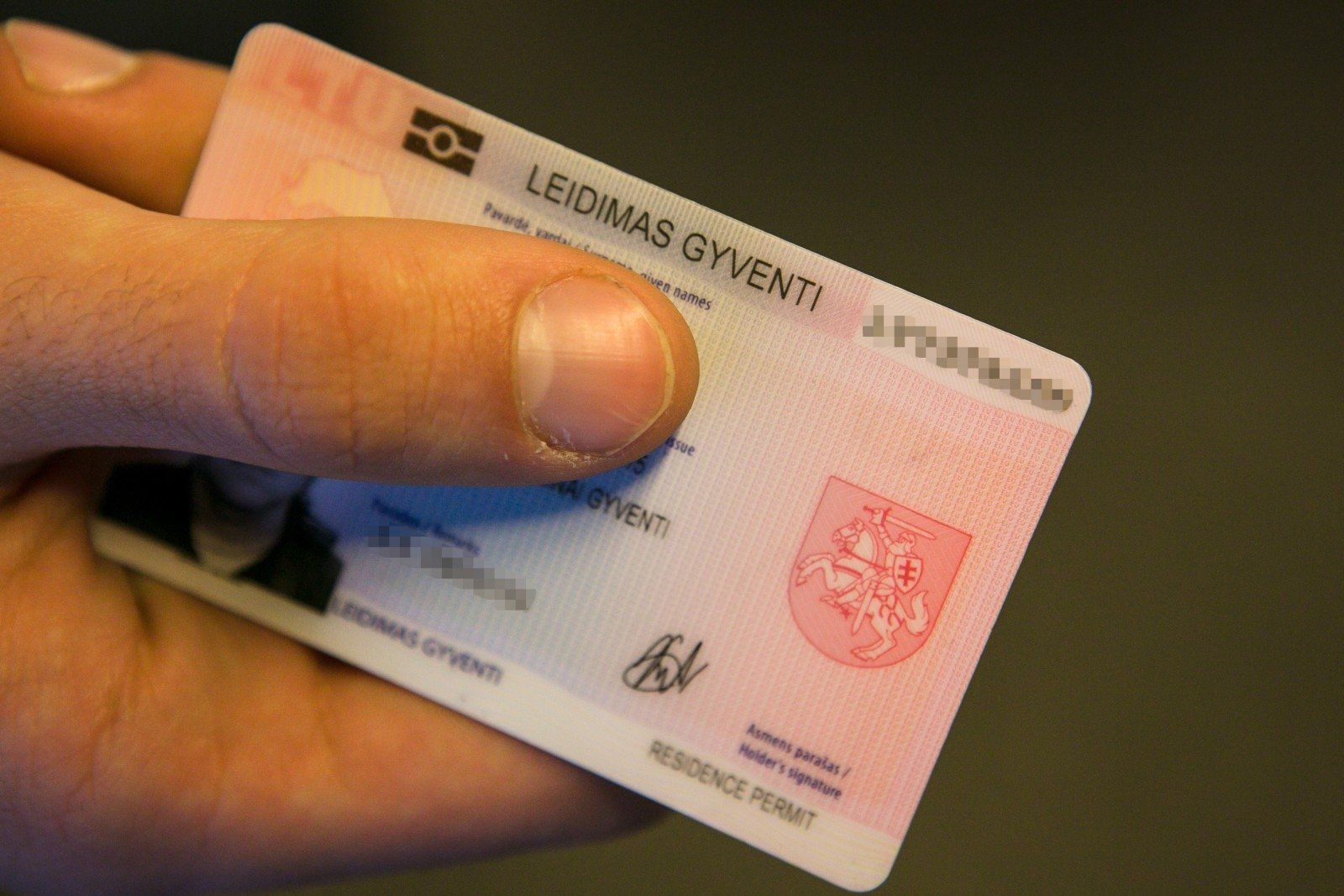
Important Documents: What You’ll Need
Before leaving Australia, gather and organize the following documents. Many will need to be translated into German and officially certified:







Budgeting: Estimating Your Costs
Moving to Germany involves significant upfront costs. Here’s a detailed breakdown of what to expect:
1. Visa and Administrative Fees
-
Visa application fee: AUD 150–300 (depending on the visa type)
-
Document translation and certification: AUD 50–100 per document
- Residence permit fee (paid in Germany): €100–€150
2. Flights
-
One-way flight from Australia to Germany: AUD 1,000–2,000 (depending on the season and airline)
-
Excess baggage fees: AUD 50–100 per extra bag
3. Shipping Belongings
-
Air freight: AUD 2,000–4,000 for a few boxes (takes 1–2 weeks)
-
Sea freight: AUD 3,000–5,000 for a full container (takes 6–8 weeks)
- Insurance: 1–3% of the total value of your shipped items
4. Initial Living Expenses
-
Rent Deposit: Typically 2–3 months’ rent (e.g., €1,500–€3,000 in major cities)
-
Furniture and Household Items: €1,000–€3,000 (if rentals are unfurnished)
- Groceries and Essentials: €200–€400 per month
- Public Transport Pass: €70–€100 per month

5. Health Insurance
-
Public insurance: 14–16% of your gross income (split between you and your employer)
-
Private insurance: €200–€700 per month (depending on coverage)
6. Miscellaneous Costs
-
German language courses: €200–€500 per course
-
Mobile phone plan: €10–€30 per month
- Internet setup: €50–€100
📌Timeline for Planning Your Move
To avoid last-minute stress, follow this timeline:
6–12 Months Before Moving
-
Research visa requirements and start gathering documents.
-
Begin learning German (if you haven’t already).
- Save for initial expenses and create a detailed budget.
3–6 Months Before Moving
-
Apply for your visa.
-
Start looking for accommodation in Germany.
- Book your flight and arrange shipping for your belongings.
1–2 Months Before Moving
-
Notify Australian authorities (e.g., tax office, Medicare) of your move.
-
Cancel or redirect subscriptions and services.
- Pack and organize your belongings.
1–2 Weeks Before Moving
-
Confirm accommodation details in Germany.
-
Exchange currency and set up a German bank account (if possible).
- Double-check all documents and travel arrangements.
📌 Pro Tips for an Easy Move
- Learn Basic German: Even a few phrases can make a big difference when dealing with bureaucracy or daily life.
- Network Early: Join expat groups on Facebook or LinkedIn to connect with others who’ve made the move.
- Plan for Culture Shock: Moving to a new country can be overwhelming. Be patient with yourself as you adjust.
By taking the time to thoroughly plan your move, you’ll set yourself up for a successful transition to life in Germany. From securing the right visa to budgeting for your new life, every step you take now will make your expat journey smoother and more enjoyable.
Important Documents
Ensure you have the following documents ready:
- Valid passport
- Birth certificate (translated into German if necessary)
- Degree qualifications (officially recognized in Germany)
- Police clearance certificate
- Marriage or divorce certificates (if applicable)
Budgeting
Moving to Germany can be expensive, so it’s essential to plan your finances. Consider the following costs:
- Flights: AUD 1,000–2,000 depending on the season.
- Shipping Belongings: AUD 2,000–5,000 for a full container.

Settling into Life in Germany
Once you’ve arrived in Germany, the real work of settling in begins. This section provides an in-depth look at the key steps you’ll need to take to establish yourself in your new home, from finding accommodation to navigating the healthcare system and understanding German bureaucracy.
Finding Accommodation
1. Types of Accommodation
Unfurnished Apartments (Unmöbliert) – Most rentals come without furniture, and some even lack light fixtures and kitchen cabinets.
Furnished Apartments (Möbliert) – Fully equipped apartments, ideal for short-term stays.
Shared Flats (WG – Wohngemeinschaft) – A cost-effective option where tenants share common areas but have private rooms.
Short-Term Rentals – Temporary accommodations through Wunderflats, Airbnb, or serviced apartments allow you to settle in before securing a long-term lease.
2. Where to Search
Online Platforms:
ImmobilienScout24 (Germany’s largest real estate platform)
WG-Gesucht (For shared flats and temporary rentals)
Wunderflats: (Fully furnished rentals)
Immonet & eBay Kleinanzeigen (Alternative platforms)
Facebook Groups (Many expats and students find housing through rental groups)Real Estate
Agents (Makler): While they charge a fee (usually 2–3 months’ rent), they can help you find properties faster.
3. Key Documents for Renting




4. Understanding the Lease
Rent Prices: Costs vary depending on the city. Berlin, Leipzig, and Dresden are more affordable, while Munich and Frankfurt have high rental prices.
Cold Rent vs. Warm Rent: “Kaltmiete” is the base rent, while “Warmmiete” includes heating and sometimes water costs.
Deposit (Kaution): Usually three months’ rent, refundable at the end of the lease.
Additional Costs (Nebenkosten): These include utilities, garbage collection, and maintenance. Ensure you understand what’s included in the rent.

5. Tips for Securing a Rental
- Be prepared to act quickly—good properties get snapped up fast.
- Attend viewings in person if possible.
- Write a short introduction about yourself to send with your application.
Housing System: Germany vs. Australia
| Feature | Germany | Australia |
| Homeownership Rate | ~50% (More people rent) | ~67% (More people own homes) |
| Rental Market | Very strong, long-term renting is common | Renting often seen as short-term before buying a home |
| Tenant Protections | Strong tenant rights and long leases | Moderate tenant protections, landlords can evict more easily |
| Lease Duration | Indefinite contracts are common, no fixed end date required | Fixed-term (6-12 months) or month-to-month contracts |
| Deposit | 3 months’ rent, held in a special account | 4-6 weeks’ rent, held by state tenancy deposit authority |
| Rent Control & Regulations | Rent caps and Mietpreisbremse (rental price brake) in major cities | No formal rent control (prices fluctuate with demand) |
| Utility Costs | Tenants pay electricity, gas, water separately | Rent often includes some utilities (water, council rates) |
| Buying Property | High taxes, complex process for foreigners | Easier for foreigners to buy property |
| Housing Affordability | More affordable, but tight rental markets in Berlin, Munich, Hamburg | High property prices, major affordability crisis in Sydney & Melbourne |
Registering Your Address (Anmeldung)
Within two weeks of moving into your new home, you must register your address at the local Bürgeramt (citizen’s office). This process, known as Anmeldung, is mandatory and essential for accessing other services.
Why Anmeldung Is Important
It’s required for:





1. Documents Required
- Passport or ID
- Rental agreement (signed by your landlord)
- Completed registration form (available online or at the office)
2. What Happens Next
- You’ll receive a Meldebescheinigung (registration confirmation), which you’ll need for:
- Opening a bank account
- Signing up for health insurance
- Applying for a residence permit
3. Tips for a Smooth Process
- Book an appointment online in advance, as walk-ins can involve long waits.
- Bring all documents in original and photocopy form.
- If you don’t speak German, consider bringing a friend or hiring a translator.
German Healthcare System
Germany’s healthcare system is one of the best in the world, but it can be complex to navigate as a newcomer. Here’s what you need to know:
1. Public vs. Private Insurance
- Public Insurance (Gesetzliche Krankenversicherung or GKV):
- Mandatory if you earn less than €66,600 per year (2023 threshold).
- Covers around 90% of residents.
- Premiums are income-based (14.6% of your gross salary, split between you and your employer).
- Includes spouse and children at no extra cost.
- Private Insurance (Private Krankenversicherung or PKV):
- Available to higher earners, freelancers, and certain professionals.
- Offers more flexibility and shorter waiting times.
- Premiums are based on age, health, and coverage level.
2. How to Register
- Public Insurance: Your employer will typically arrange this for you. If you’re self-employed, you’ll need to apply directly with a provider like TK (Techniker Krankenkasse) or AOK.
- Private Insurance: Compare providers like Allianz or AXA to find a plan that suits your needs.
3. Using the System
- Finding a Doctor: Look for a Hausarzt (general practitioner) near you. You can search online or ask for recommendations.
- Prescriptions: Covered by insurance, but you’ll pay a small fee (€5–€10) at the pharmacy.
- Emergency Care: Dial 112 for emergencies or visit the nearest hospital (Krankenhaus).
Healthcare System: Germany vs. Australia
| Feature | Germany | Australia |
| System Type | Dual system: Public (GKV) and Private (PKV) Health Insurance | Universal system: Medicare (tax-funded), with optional private insurance |
| Coverage | Mandatory public or private health insurance for all residents | Universal coverage under Medicare for all citizens & permanent residents |
| Cost to Individuals | Public insurance costs 14.6% – 16.2% of gross salary (split between employer and employee) | Medicare is tax-funded (Medicare Levy of 2% income tax for most earners) |
| Private Insurance | Available for high earners (€69,300+), self-employed, and certain professions | Optional private insurance for faster access to specialists & private hospitals |
| Choice of Doctors | Public insurance has restricted doctor options, private offers more choices | Free choice of GPs & specialists under Medicare |
| Waiting Times | Public patients face longer wait times, private patients get priority | Public system has longer wait times, private insurance allows faster access |
| Pharmaceuticals | Partially covered under GKV/PKV, small co-pays required | Subsidized under Pharmaceutical Benefits Scheme (PBS) |
| Emergency Services | Emergency care is covered but ambulance services are not free | Emergency care is free under Medicare, ambulance is not free (except in some states) |

Setting Up Utilities and Internet
Once you’ve moved in, you’ll need to set up essential services:
1. Electricity and Gas
- Contact local providers like E.ON, Vattenfall, or Stadtwerke (municipal utilities).
- Compare prices online using platforms like Verivox or Check24.
2. Internet and Mobile
- Internet: Providers like Deutsche Telekom, Vodafone, and 1&1 offer packages starting at €20–€40 per month.
- Mobile: Prepaid SIM cards are available at supermarkets or kiosks. For contracts, compare providers online.
3. Waste Disposal
- Germany has strict recycling rules. Familiarize yourself with the local system for separating paper, plastic, glass, and organic waste.
Getting Around
Germany’s public transport system is efficient and reliable. Here’s what you need to know:
1. Public Transport
- Deutsche Bahn (DB): Long-distance trains connecting cities
U-Bahn & S-Bahn: Underground and suburban trains in major cities
Buses & Trams: Available in all urban areas
Deutschlandticket (€49/month): Unlimited regional transport
Consider getting a BahnCard for discounts.
2. Driving
Australians can drive in Germany with their Australian license for six months, after which they must convert it into a German license (Führerschein). The process varies by state.
- Right-Hand Driving: Unlike in Australia, Germans drive on the right side.
- Autobahn: Some sections have no speed limit, but a recommended speed of 130 km/h.
3. Cycling
- Germany is bike-friendly, with dedicated lanes in most cities. Consider buying or renting a bike for short trips.
📌Pro Tips for Settling In
- Learn the Language: Even basic German will help you navigate daily life and build connections.
- Join Expat Communities: Platforms like Internations and Meetup can help you meet others in similar situations.
- Be Patient: Adjusting to a new country takes time. Embrace the challenges as part of the adventure.

Adapting to German Culture
Adapting to a new culture is one of the most exciting yet challenging aspects of moving abroad. Germany has a rich cultural heritage, unique social norms, and a way of life that may differ significantly from what you’re used to in Australia. This section provides an in-depth look at how to navigate and embrace German culture, from language learning to social integration and understanding local customs.
Language Tips: Learning German
While many Germans speak English, especially in urban areas, learning German is essential for daily life, building relationships, and fully integrating into society. Here’s how to get started:
1. Why Learn German?
- Daily Life: From grocery shopping to dealing with bureaucracy, knowing German makes life easier.
- Workplace: Many jobs require at least basic German proficiency.
- Social Connections: Speaking the local language helps you build deeper relationships with Germans.
2. How to Learn German
- Language Schools:
- Volkshochschule (VHS): Affordable courses offered by adult education centers.
- Goethe-Institut: Renowned for high-quality language courses, though more expensive.
- Online Resources:
- Duolingo and Babbel: Great for beginners.
- Deutsche Welle: Offers free courses and podcasts.
- Language Tandems:
- Partner with a native German speaker who wants to learn English. Platforms like Tandem or ConversationExchange can help you find a partner.
- Immersion:
- Practice speaking with locals, even if you make mistakes—most Germans appreciate the effort.

3. Certification
- If you need proof of language proficiency for work or study, consider taking the TestDaF or Goethe-Zertifikat exams.
Cultural Norms: Understanding German Etiquette
Germans value order, punctuality, and direct communication. Here’s a detailed look at key cultural norms:
1. Punctuality
- Being on time is crucial in Germany, whether for work, social events, or appointments. Arriving late is considered disrespectful.
- If you’re running late, inform the other person as soon as possible.
2. Direct Communication
- Germans are known for their straightforwardness. They value honesty and clarity, even if it comes across as blunt.
- Don’t take this personally—it’s a cultural trait, not a reflection of rudeness.
3. Recycling and Environmental Awareness
- Germany has one of the most advanced recycling systems in the world. Familiarize yourself with the rules for separating waste:
- Yellow Bin (Gelbe Tonne): Plastic and packaging.
- Blue Bin (Papiermüll): Paper and cardboard.
- Green/Brown Bin (Biomüll): Organic waste.
- Black Bin (Restmüll): General waste.
- Glass Containers: Separated by color (white, green, brown).
- Failing to recycle properly can result in fines.
4. Quiet Hours (Ruhezeit)
- Germans value peace and quiet, especially on Sundays and evenings. Avoid loud activities like vacuuming, drilling, or playing music during these times.

5. Cash Culture
- While card payments are becoming more common, many smaller shops, cafes, and markets still prefer cash. Always carry some euros with you.
Social Integration: Building Connections
Making friends in Germany can take time, as Germans tend to be reserved initially. However, once you build trust, friendships are often deep and long-lasting. Here’s how to integrate socially:
1. Join Clubs and Associations (Vereine)
- Germans love organized activities. Join a local Verein (club) based on your interests, such as sports, music, or hobbies.
- Popular options include football (soccer) clubs, choir groups, or gardening associations.
2. Explore Expat Communities
- Platforms like Internations, Meetup, and Facebook groups are great for connecting with other expats.
- Attend events and networking meetups to build your social circle.
3. Host Gatherings
- Invite colleagues or neighbors over for a meal or coffee. Germans appreciate hospitality and may reciprocate.

Work Culture: Thriving in the German Workplace
German work culture is characterized by efficiency, professionalism, and a strong work-life balance. Here’s what to expect:
1. Work Hours
- The standard workweek is 40 hours, typically from 9 AM to 5 PM.
- Overtime is rare, and employees are encouraged to maintain a healthy work-life balance.
2. Communication Style
- Germans value clear, concise communication. Be prepared for direct feedback and constructive criticism.
- Meetings are often structured and agenda-driven.
3. Dress Code
- Business attire is typically formal, especially in corporate settings. When in doubt, err on the side of being overdressed.
4. Holidays and Leave
- Germans enjoy generous vacation allowances (usually 20–30 days per year).
- Public holidays vary by state, so familiarize yourself with local dates.

Food and Drink: Embracing German Cuisine
German food is hearty and diverse, with regional specialties to explore. Here’s a guide to getting started:
1. Must-Try Dishes
- Bratwurst: Grilled sausage, often served with mustard and bread.
- Pretzels (Brezeln): A popular snack, especially in Bavaria.
- Schnitzel: Breaded and fried meat, usually pork or veal.
- Sauerbraten: A pot roast marinated in vinegar and spices.
- Spätzle: Soft egg noodles, often served with cheese or gravy.
2. Drinking Culture
- Beer: Germany is famous for its beer, with over 1,500 breweries. Try local varieties like Pilsner, Weissbier, and Kölsch.
- Wine: Germany produces excellent white wines, particularly Riesling.
- Coffee: Germans love their coffee, often enjoyed with a slice of cake in the afternoon (Kaffee und Kuchen).
3. Dining Etiquette
- Wait to be seated in restaurants.
- Say “Guten Appetit” before starting your meal.
- Tip around 5–10% by rounding up the bill.
📌Pro Tips for Cultural Adaptation
- Be Open-Minded: Embrace the differences and view them as learning opportunities.
- Ask Questions: Germans appreciate curiosity and will often explain their customs if you ask.
- Stay Positive: Cultural adjustment takes time. Celebrate small victories, like mastering a new phrase or understanding a local tradition.
By immersing yourself in German culture and making an effort to understand its nuances, you’ll not only adapt more quickly but also develop a deeper appreciation for your new home. Each step brings you closer to feeling like a true part of German society.
Viel Spaß (have fun)!

Long-Term Concerns
Once you’ve settled into your new life in Germany, it’s time to think about the long term. Whether you plan to stay for a few years or make Germany your permanent home, there are several important considerations.
Opening a German Bank Account
A German bank account is essential for managing your finances, receiving your salary, and paying bills. Here’s a detailed guide to opening and maintaining an account:
1. Types of Accounts
- Current Account (Girokonto): Used for everyday transactions, such as receiving your salary and paying bills.
- Savings Account (Sparkonto): For long-term savings, often with higher interest rates.
2. Documents Required
- Passport or ID
- Proof of address (Meldebescheinigung)
- Proof of income (job contract or payslips)
- Visa or residence permit
3. Popular Banks

- Deutsche Bank: Offers a wide range of services and English-speaking support.
- Commerzbank: Known for its customer service and expat-friendly options.
- Sparkasse: A network of local savings banks with branches across Germany.

- N26: A fully digital bank with no fees and an easy-to-use app.
- DKB (Deutsche Kreditbank): Offers free accounts and competitive interest rates.
- Revolut: A popular choice for expats, offering multi-currency accounts.
4. Fees and Services
- Monthly fees: Many banks charge €5–€10 per month, but some online banks offer free accounts.
- ATM withdrawals: Free within your bank’s network; fees may apply for other ATMs.
- International transfers: Compare fees and exchange rates before sending money abroad.
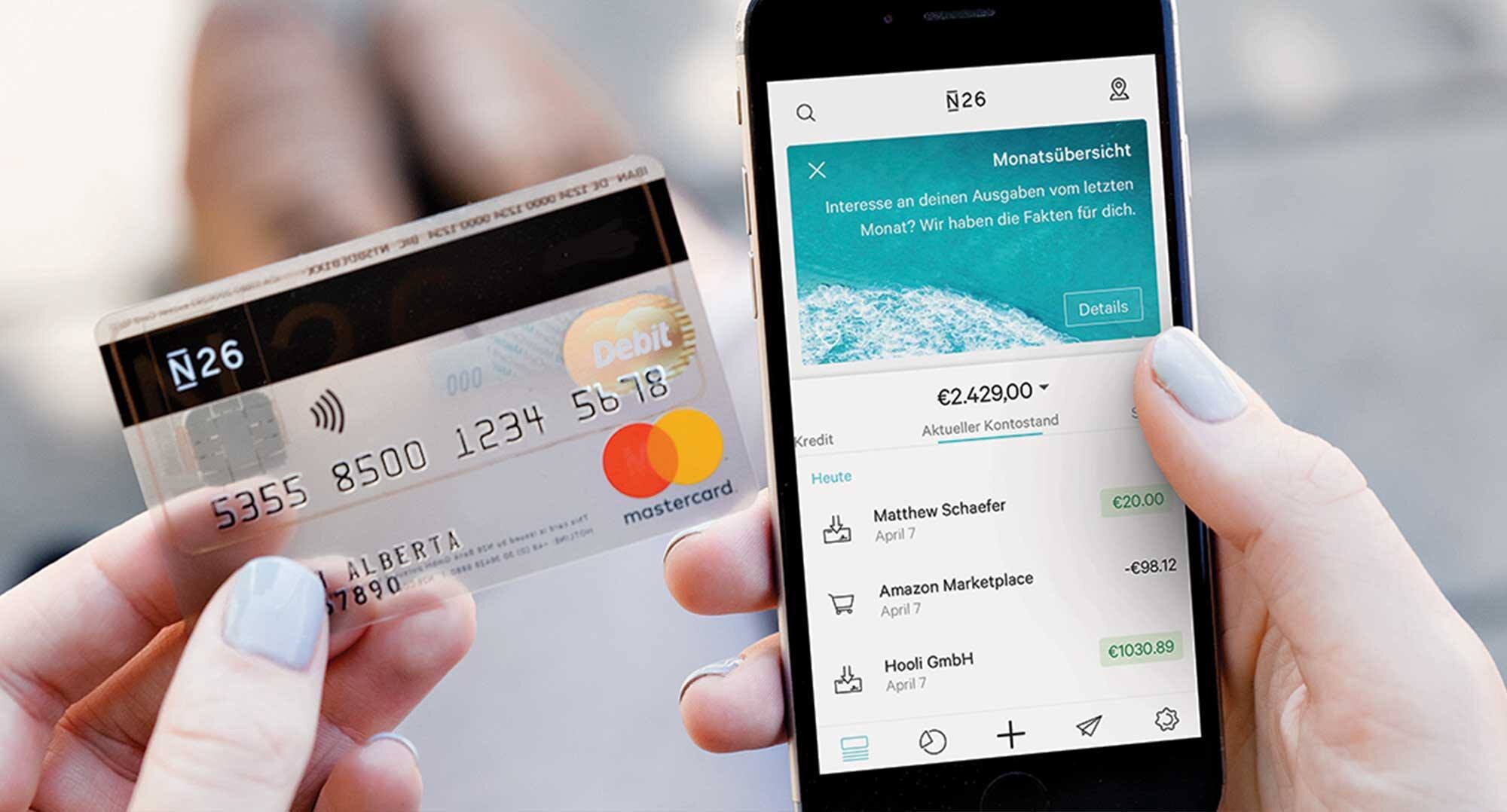
Enrolling in Schools or Universities
If you’re moving to Germany with children or planning to study yourself, understanding the education system is crucial.
1. School System
- Primary School (Grundschule): For children aged 6–10.
- Secondary Schools:
- Hauptschule: Prepares students for vocational training.
- Realschule: Combines academic and vocational education.
- Gymnasium: Prepares students for university.
- International Schools: Offer curricula in English or other languages, ideal for expat families.
2. University Education
- Public Universities: Offer affordable or even free tuition for both domestic and international students.
- Private Universities: More expensive but often provide specialized programs.
- Application Process:
- Check admission requirements, including language proficiency (TestDaF or DSH for German-taught programs).
- Submit your application through the university’s portal or Uni-Assist.
3. Childcare and Kindergarten
- Kindergarten: For children aged 3–6, often with long waiting lists. Apply early.
- Childcare (Kita): Available for younger children, with fees based on income.

German Tax System
Germany’s tax system can be complex, but understanding the basics will help you stay compliant.
1. Tax Classes (Steuerklassen)
- Class I: Single individuals.
- Class II: Single parents.
- Class III: Married couples with one primary earner.
- Class IV: Married couples with similar incomes.
- Class V: Secondary earner in a married couple.
- Class VI: For individuals with multiple jobs.
2. Income Tax (Einkommensteuer)
- Progressive rates range from 14% to 45%.
- Deductions are available for work-related expenses, childcare, and charitable donations.
3. Solidarity Surcharge (Soli)
- A 5.5% surcharge on income tax, though many low- and middle-income earners are exempt.
4. Church Tax (Kirchensteuer)
- If you’re a member of a recognized religious community, you’ll pay 8–9% of your income tax as church tax.
5. Filing Your Tax Return
- Deadline: July 31 of the following year (or later with an extension).
- Process: Use tax software like WISO Steuer or hire a tax advisor (Steuerberater) for assistance.
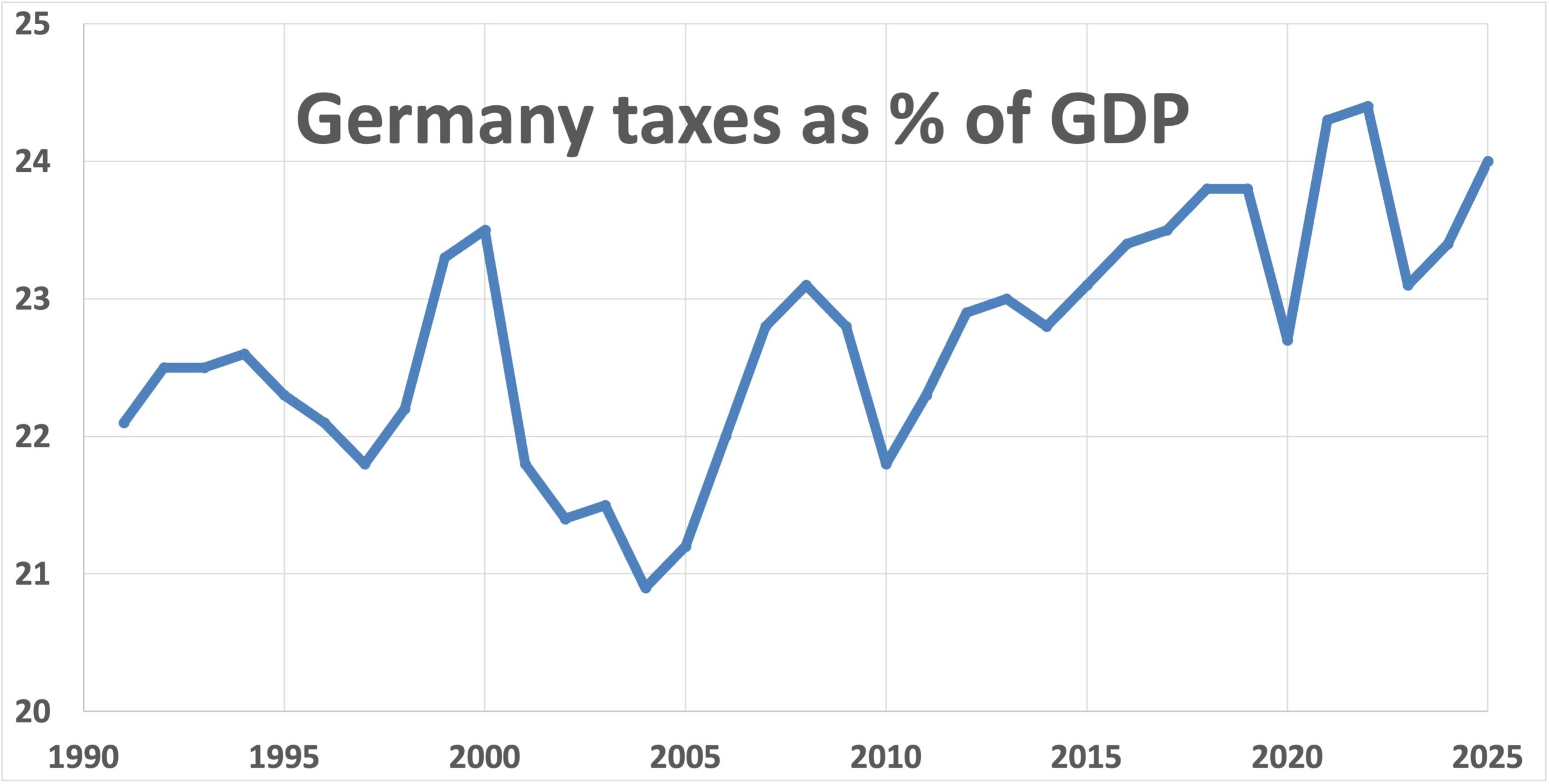
Retirement Planning
If you plan to retire in Germany, it’s important to understand the pension system and plan accordingly.
1. German Pension System
- Statutory Pension (Gesetzliche Rentenversicherung): Funded by contributions from employees and employers.
- Private Pension Plans: Supplement your statutory pension with private savings.
2. International Pensions
- If you’ve worked in multiple countries, check if Germany has a social security agreement with those countries to combine your pension contributions.

Family and Social Life
Building a fulfilling social and family life is key to long-term happiness in Germany.
1. Family Benefits
- Kindergeld: Child benefit of €250 per month per child.
- Parental Leave (Elternzeit): Up to 3 years of leave, with partial income replacement.
2. Social Integration
- Join local clubs, attend community events, and participate in cultural activities to build connections.
📌Pro Tips for Long-Term Success
- Stay Informed: Keep up with changes in laws and regulations that may affect you.
- Network: Build a strong support system of friends, colleagues, and fellow expats.

FAQs
Moving to a new country inevitably raises many questions, especially when it comes to navigating a different culture, language, and bureaucracy. This section addresses the most frequently asked questions by Australians planning to move to Germany, providing detailed answers to help you feel more confident and prepared for your expat journey.
Learning German can be challenging, but it’s far from impossible. Here’s what you need to know:
Difficulty Level
- Grammar: German grammar is complex, with four noun cases (nominative, accusative, dative, genitive) and gendered nouns (der, die, das).
- Pronunciation: Generally straightforward, though some sounds (like the guttural “ch”) may take practice.
- Vocabulary: Many words are similar to English, which can make learning easier.
Time Commitment
- Basic conversational skills: 3–6 months with consistent effort.
- Fluency: 1–2 years of dedicated study and practice.
Germany’s strong economy and skilled labor shortages make it relatively easy for Australians to find work, especially in certain fields.
An easy way to find out your work prospects in Germany is to visit the Quick-Check website.
Here’s what you need to know:
In-Demand Industries
- Engineering: Mechanical, electrical, and automotive engineers are highly sought after.
- IT and Tech: Software developers, data scientists, and cybersecurity experts are in demand.
- Healthcare: Doctors, nurses, and medical researchers are needed across the country.
- Teaching: English teachers and international school educators are often hired.
Job Search Tips
- Learn German: Even basic proficiency can significantly improve your job prospects.
- Network: Attend industry events, join professional associations, and connect with recruiters on LinkedIn.
- Use Job Portals: Websites like StepStone, Indeed, and Monster list job openings across Germany.
- Consider the Blue Card: If you have a university degree and a job offer with a minimum salary (€58,400 in 2023), you can apply for an EU Blue Card, which simplifies the work and residency process.
Germany is generally more affordable than Australia, but costs vary depending on the city and lifestyle.
Housing
- Rent: Cheaper in Germany, especially outside major cities. For example:
- Berlin: €800–€1,500/month for a one-bedroom apartment.
- Sydney: AUD 2,000–3,000/month for a similar property.
- Utilities: Similar costs, around €200–€300/month.
Groceries
- Germany: €200–€300/month for a single person.
- Australia: AUD 300–400/month.
Transport
- Germany: Public transport is affordable, with monthly passes costing €70–€100.
- Australia: Higher costs, especially for fuel and car maintenance.
Dining Out
- Germany: A meal at a mid-range restaurant costs €10–€20.
- Australia: AUD 20–30 for a similar meal.
Overall
- Germany is approximately 20–30% cheaper than Australia, depending on the city and lifestyle.
If you plan to drive in Germany, you’ll need to convert your Australian license. Here’s how:
Process
- Check Eligibility: Most Australian licenses can be converted without a test.
- Gather Documents:
- Valid Australian driver’s license.
- Passport and visa.
- Proof of address (Meldebescheinigung).
- Passport-sized photos.
Submit Application: Visit your local Führerscheinstelle (driver’s license office) to submit your application. If your license is not eligible for conversion, you may need to take a driving test.
Costs
- Conversion fee: €35–€50.
- Administrative fees: Vary by state.
Germany’s climate is quite different from Australia’s. Here’s what to expect:
Seasons
- Winter (December–February): Cold, with temperatures often below freezing. Snow is common in southern regions.
- Spring (March–May): Mild and rainy, with temperatures ranging from 5°C to 15°C.
- Summer (June–August): Warm, with temperatures averaging 20°C–30°C. Heatwaves are becoming more common.
- Autumn (September–November): Cool and crisp, with colorful foliage.
Tips for Adapting
- Winter: Invest in warm clothing, including a heavy coat, gloves, and waterproof boots.
- Summer: Lightweight clothing and sunscreen are essential, though German sunscreen may be less potent than Australian brands.
Yes, you can bring your pet, but there are strict regulations to follow:
Requirements
- Microchip: Your pet must be microchipped for identification.
- Vaccinations: Up-to-date rabies vaccination is mandatory.
- Health Certificate: Obtain a veterinary health certificate within 10 days of travel.
- Quarantine: Not required if all conditions are met.
Tips
- Check airline policies for pet travel.
- Research pet-friendly accommodations in Germany.
Germany’s tax system can be complex, but here’s a basic overview:
Double Taxation Agreement
- Australia and Germany have a treaty to prevent double taxation. Ensure you understand how it applies to your situation.
Filing Your Tax Return
- Deadline: July 31 of the following year.
- Process: Use tax software or hire a Steuerberater (tax advisor) for assistance.
While Germany has most amenities, there are a staples Australians often miss:
- Vegemite: Hard to find in Germany.
- Tim Tams: While some international stores may stock them, they’re often pricey.
- Australian Coffee: If you’re a fan of specific Australian coffee brands, consider bringing a supply.
- Australian Sunscreen: German sunscreen may be less effective.
- Specific Clothing: Brands or sizes that are hard to find in Germany.
Germans can be reserved initially, but here’s how to build connections:
- Join clubs or sports teams.
- Attend expat meetups and events.
- Be patient and persistent—friendships take time to develop.
Moving from Australia to Germany is a life-changing decision that offers countless opportunities for personal and professional growth. Embrace the journey, immerse yourself in the culture, and take advantage of the resources available to expats.
Before you know it, you’ll be calling Germany home.
Viel Erfolg (good luck)!







